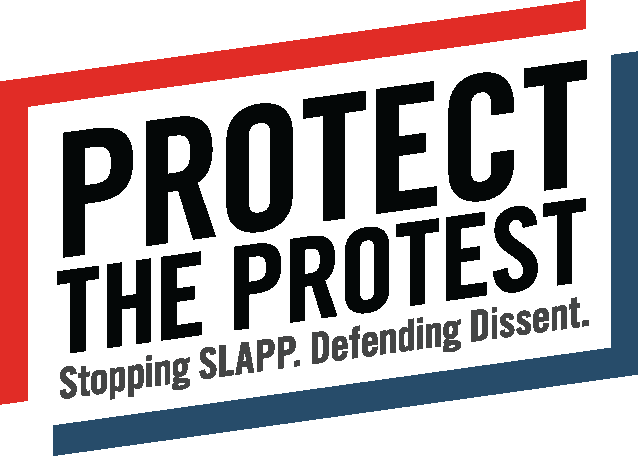Court Shuts Down Monsanto's SLAPP Against Avaaz
A Manhattan judge has denied an effort by agribusiness giant Monsanto to subpoena communications and privacy data from the campaigning group Avaaz. In issuing his decision, Judge Slomo Hagler said, “The subpoena itself would send a tremendous chilling effect through not only [the] Avaaz Foundation and its members, but for all other lobbying organizations in the country. It would discourage those individuals who take part in a movement that they feel is just and right.”Monsanto filed the subpoena in January 2018, demanding broad access to the internal communications and lobbying documents of Avaaz, an organization that promotes global activism on issues such as climate change and human rights. Monsanto also requested access to the privacy data of more than four million signatories of petitions against Monsanto’s policies.Monsanto targeted Avaaz as a result of its campaign opposing use of the herbicide glyphosate, which is found its popular product, “Roundup Weedkiller.” The World Health Organization has classified glyphosate as “probably carcinogenic to humans.”Judge Hagler also lectured Monsanto and its lawyers on the importance of free speech: “You may not like it. And you may get your own lobbying organization to do the opposite. And that’s America. And we can do that here. In America, we can all have a different viewpoint… And that’s what I love about America. It’s democracy.... And you can speak your mind. And I won’t allow something to interfere with that free speech.”Avaaz is active across the world in mobilizing activists through online petitions, lobbying campaigns, and social media. The subpoena would have given the company access to the internal emails, work product, and strategies of Avaaz activists. Avaaz would have been forced to spend hundreds of thousands of dollars and countless hours of staff time to collect the information. Monsanto also would have collected the email addresses and other personal information from Avaaz members who had sent messages to Monsanto expressing their concerns with glyphosate.For most of the past year, the threat of the subpoena loomed large over the staff at Avaaz. As Avaaz told its members, courts in New York tend to “automatically grant” requests like this. Earlier this year, Avaaz’s deputy director, Emma Ruby-Sachs, described some of the ways that the subpoena would have a “chilling effect” on the group’s activism:
- “Our staff are already unsure about what to write down – and what not to write down,”
- “Our partners are nervous that anything they say to us could be turned over.”
- “Our members are writing to us saying that they’re afraid their data will be handed over. We are doing our best not to let it slow us down but at the end of the day, there is now this scary cloud hanging over our organisation.”
Increasingly, corporations are using “Strategic Lawsuits against Public Participation” (SLAPPs) to harass their critics and silence free speech. The use of subpoenas is one such tactic.Avaaz celebrated the news, but urged caution, telling its members: “It’s a moment to celebrate, but it may not be over.” Monsanto could still appeal the decision, keeping the case in court for as long as possible.Read Avaaz’s reply to Monsanto’s subpoena here.
